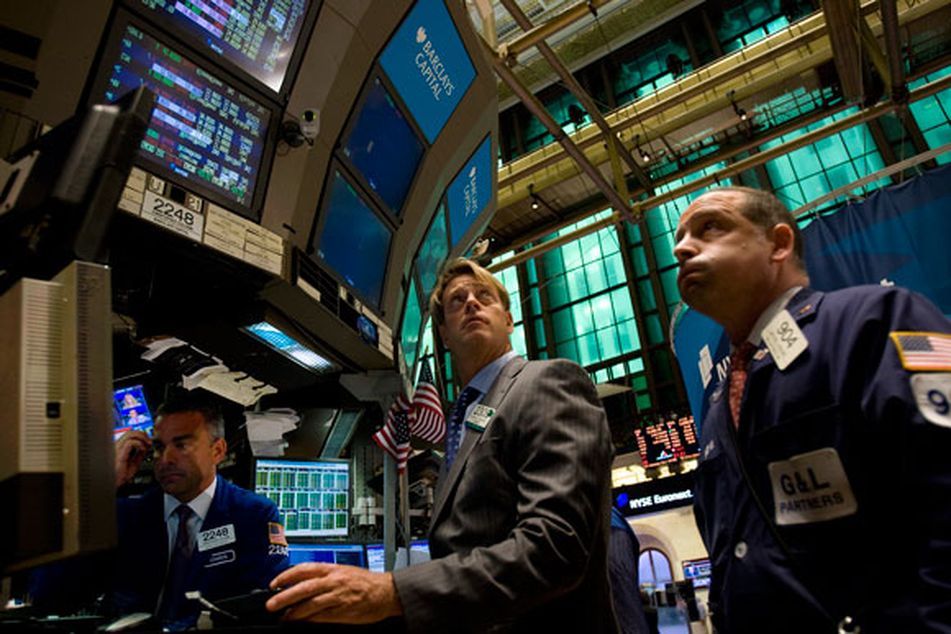Is there anything actually driving the market revival?

After the Dow Jones Industrial Average broke the 13,000 mark for the first time since May 2008 on…
After the Dow Jones Industrial Average broke the 13,000 mark for the first time since May 2008 on Tuesday it might be considered impolite to point out the lack of any real momentum behind the rally.
But that’s the way it looks to Brian Gendreau, market strategist at Cetera Financial Group Inc. and professor of finance at the University of Florida.
While Mr. Gendreau can certainly appreciate the Dow’s 6.1% gain from the start of the year on the heels of a 5.5% gain last year, he pointed out several possibilities of a “head fake” with regard to whatever might be driving stocks right now.
One might assume, for example, that the ongoing turmoil surrounding the European bailout of Greece would be a negative for the equity markets.
“Last year at this time we were getting 200- and 300-point daily market swings based on the bad news coming out of Europe,” he said. “But now, even though we still can’t rule out a messy default by Greece, it seems like a lot of bad news has already been priced in to the markets.”
While 2011 finished with the U.S. economy growing at a mild but respectable 2.8% in the fourth quarter, Mr. Gendreau warned that the final numbers for the first quarter of 2012 could be closer to 2.3%, representing a slowdown.
“We’re seeing a decline in government spending, and we’ve got gas prices at levels that traditionally have been a speed bump to growth,” he said.
Then there is the anticipated drag on net exports as Europe’s overall economy continues to look like it is in a recession. That reality, Mr. Gendreau explained, should be holding down major equity market indexes like the Dow, which is dominated by large multinational companies.
Consumer spending, which grew by 2.2% last year, is expected to grow by just 2% this year, he explained.
While the change is subtle, it is a trend that is moving away from the post-World War II average of 3%.
And finally, Mr. Gendreau added, this is a presidential election year and that means just about anything could happen in the stock market.
“I would not be surprised to see a lot more market volatility as we get closer to the election,” he said. “Back in 2004, all the gains in that year came after the election because the thinking was once the election was resolved the rate of uncertainty was taken out of the market.”
Learn more about reprints and licensing for this article.








